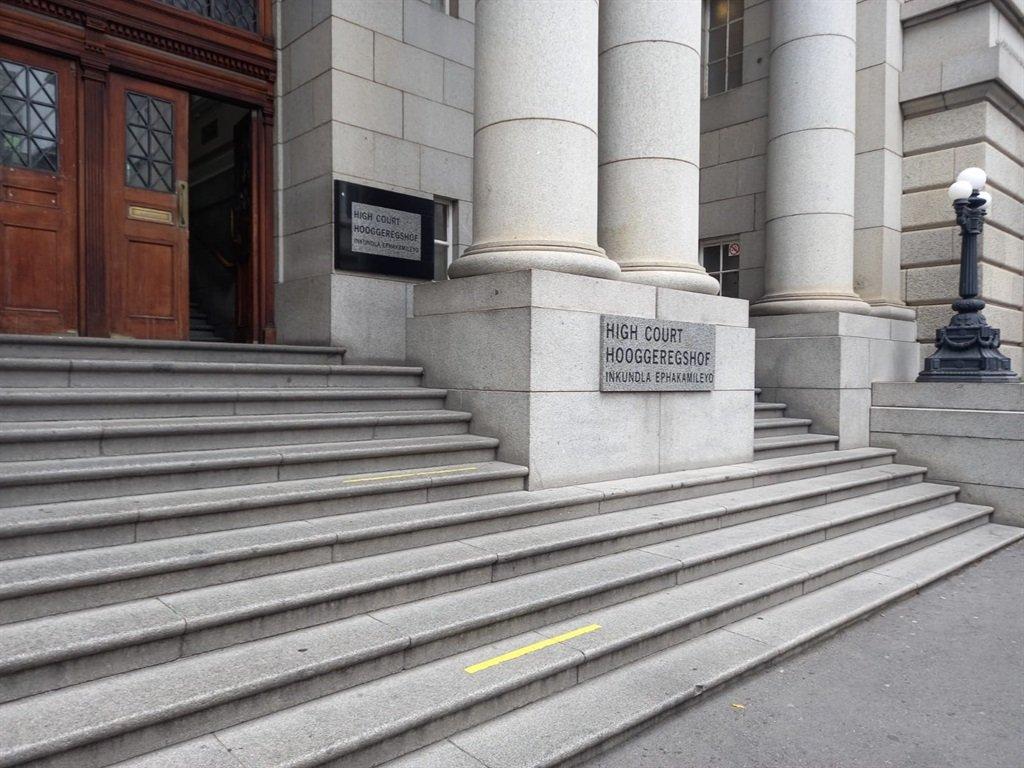Africa-Press – South-Africa. The Western Cape High Court has ruled that the RoadAccident Fund (RAF) is not liable to cover the loss of income for the family ofa motorcyclist, who took his own life two years after an accident.The judgment withheld the names of the motorcyclistand his family.He was injured in a collision in 2014. A claim waslodged with the RAF, which was still being finalised two years after theaccident, at the time of his death in 2016.Two years after his suicide, the man’s wifeapproached the RAF with a second claim.She claimed that the injuries sustained by herhusband in the accident had caused his suicide, resulting in the loss of income
for her and her two children.READ ON HEALTH24 | Men’s mental health in focus: An expert tells us what’s needed for the situation to improve in SAThe court looked to determine whether, had it not
been for the orthopaedic injuries sustained during the accident, the man would
have taken his own life.
Testimony given indicated that, after the accident,the motorcyclist’s mood was low at times and that he appeared despondent,especially when his “permanent injuries” prevented his full-time employment.
However, he had not been diagnosed with or treated for depression.Testimony included that of experts, who said theman had been depressed as a result of the loss of his mobility, despite thelack of diagnosis. After the accident, he was unable to run his business asbefore, he was left physically impaired and suffering permanent injury, the
court heard.However, the court found that there was not enoughevidence to show that the injuries sustained in the accident had affected themotorcyclist’s mental health.’Chain of causation’Judge Constance Noluthando Nziweni said causationcould be proven from either direct or circumstantial evidence.Nziweni said: However, the issue of causation cannot be left to speculation. There can be no question that there should be evidentiary support for the facts upon which the plaintiff relies to establish causation.The plaintiff was expected to link the
“negligent act to the deceased’s suicide, in order to complete the chain of causation”.
It needed to be proven that the injury sustained by the deceased triggered a mental condition and that the mental condition caused the deceased to act irrationally, with uncontrollable impulse, Nziweni said.”In other words, it must be proven that the suicide is a direct result of the psychiatric condition.”The link between the negligent act, the mental disorder, and the suicide should be established on a balance of probabilities, Nziweni said.”It is not adequate to simply claim that the deceased, before he took his own life, suffered from a mental disorder and that the disorder caused the suicide. There should be evidence which shows that a
For More News And Analysis About South-Africa Follow Africa-Press






